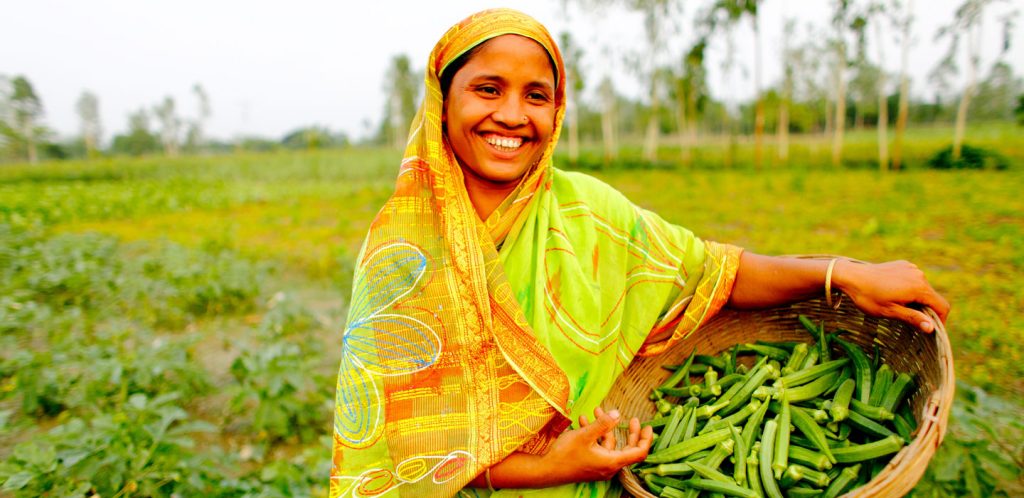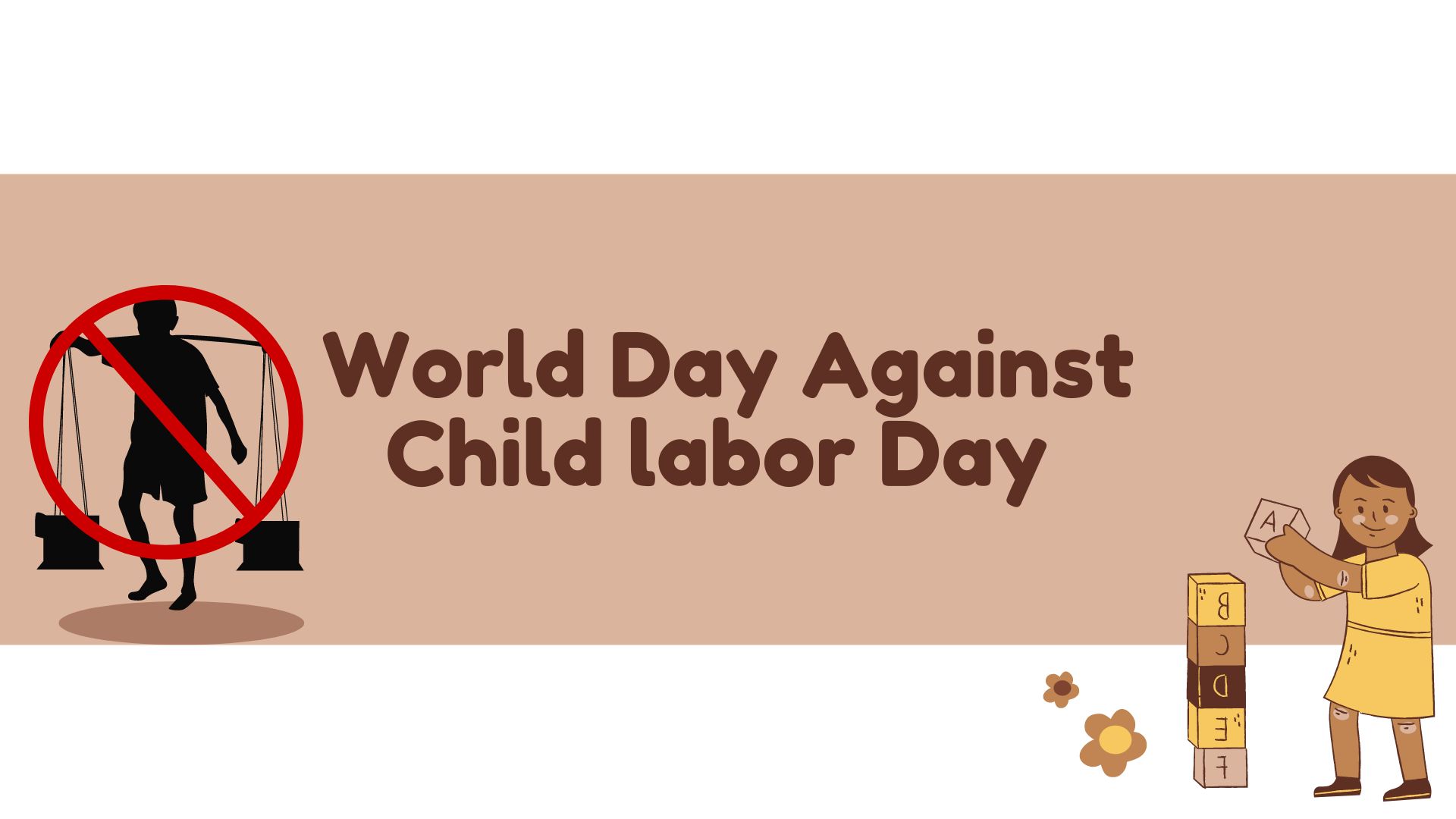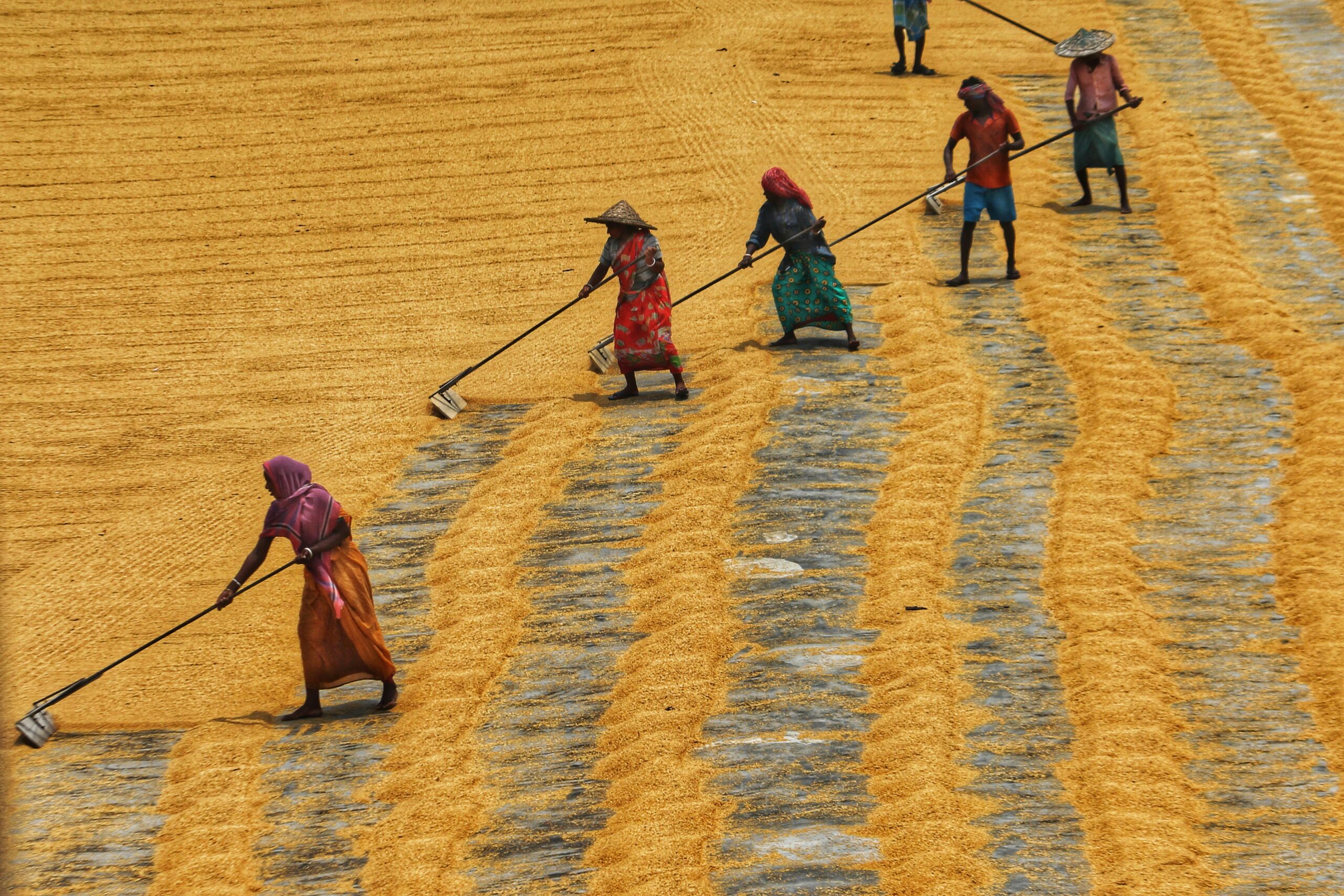Transforming our food system is one of the most important challenges we face in this century.
The ways in which food systems depend on the health of natural ecosystems is clear – from soil health to seasonal weather cycles to pollinating species. It’s also evident that the current degradation of natural systems impacts not only on agri-businesses, but also on workers, local communities, biodiversity, food security, public health, the economy and the climate.
Providing food security for a growing population and restoring the natural systems that food production depends upon, while ensuring social equality and equity along value chains requires a systems-based approach.
Transformation in the agri-food sector can deliver systemic benefits for nature, people and businesses. The TEEBAgriFood for Business project* supports businesses across the world to work towards this needed transition.
Business transformation
The Capitals Coalition, a global collaboration redefining value to transform decision making, has been working on the TEEBAgriFood for Business project since the beginning of 2020. The project develops guidance to enable the sector to adopt a capitals approach to build resilience, mainstream best practice, protect biodiversity and contribute to a more sustainable food system. A capitals approach enables organisations to understand how their success is directly or indirectly underpinned by natural capital, social capital and human capital, empowering them to make decisions that offer the greatest value across all capitals**.

**Definitions of the capitals used by the Capitals Coalition
The project will run for three years across seven countries throughout Latin-America and Asia (Mexico, Brazil, China, India, Indonesia, Thailand and Malaysia), but the outputs will be applicable around the world. To roll-out the program in India, we partner with the Centre for Responsible Business.
Central to this project are the draft TEEBAgriFood Operational Guidelines for Business. The Guidelines provide practical steps to conduct a capitals assessment. Businesses are enabled to understand their complex impacts and dependencies on the capitals throughout the agri-food value chain. This helps to identify involved risks and opportunities in order to inform decision-making and adopt a capitals approach.
To support the uptake of these Guidelines, we run a tailored business training program in each of the target countries. The training supports businesses to understand the Guidelines, conduct a capitals assessment, develop pilot application sand gain insight into how to adopt a capitals approach.
Valuing the valuable
In a world in which money talks, the value that is generated through the systems we rely on is often neglected. The project helps businesses to assess not only its risks, but also the opportunities that come from effective management of natural, social and human capital, so assessing the full value a business creates or negates.
Understanding the risks and opportunities that could come from business dependencies and impacts on the capitals and acting upon these in decision making, lead to better business strategies that are future-proof. For instance, better management of soil, water, or employees, will not only generate a positive balance for a business, but will also trickle down to surrounding communities in terms of better health. Other potential applications of a capitals assessment are to compare options such as sites or sourcing, estimate a total value or net impact, assess impact on stakeholders and to improve communication.
Moreover, the training program provides a great opportunity for businesses to become part of a group of front-runners that support each other and build synergies to transform the food sector from within, both nationally and internationally.
As a business representative working in or with India, you can still join this growing network and the second (out of four) training that is scheduled on 29 July. Registration can be done here.
The future of any business starts with the adoption of a value-based approach to support a sustainable transformation of the food system.
*The TEEBAGriFood (The Economics of Ecosystems and Biodiversity for Agriculture and Food) for Business project is part of the TEEBAgriFood project that is led by UNEP TEEB and kindly funded by the European Union.












































































































